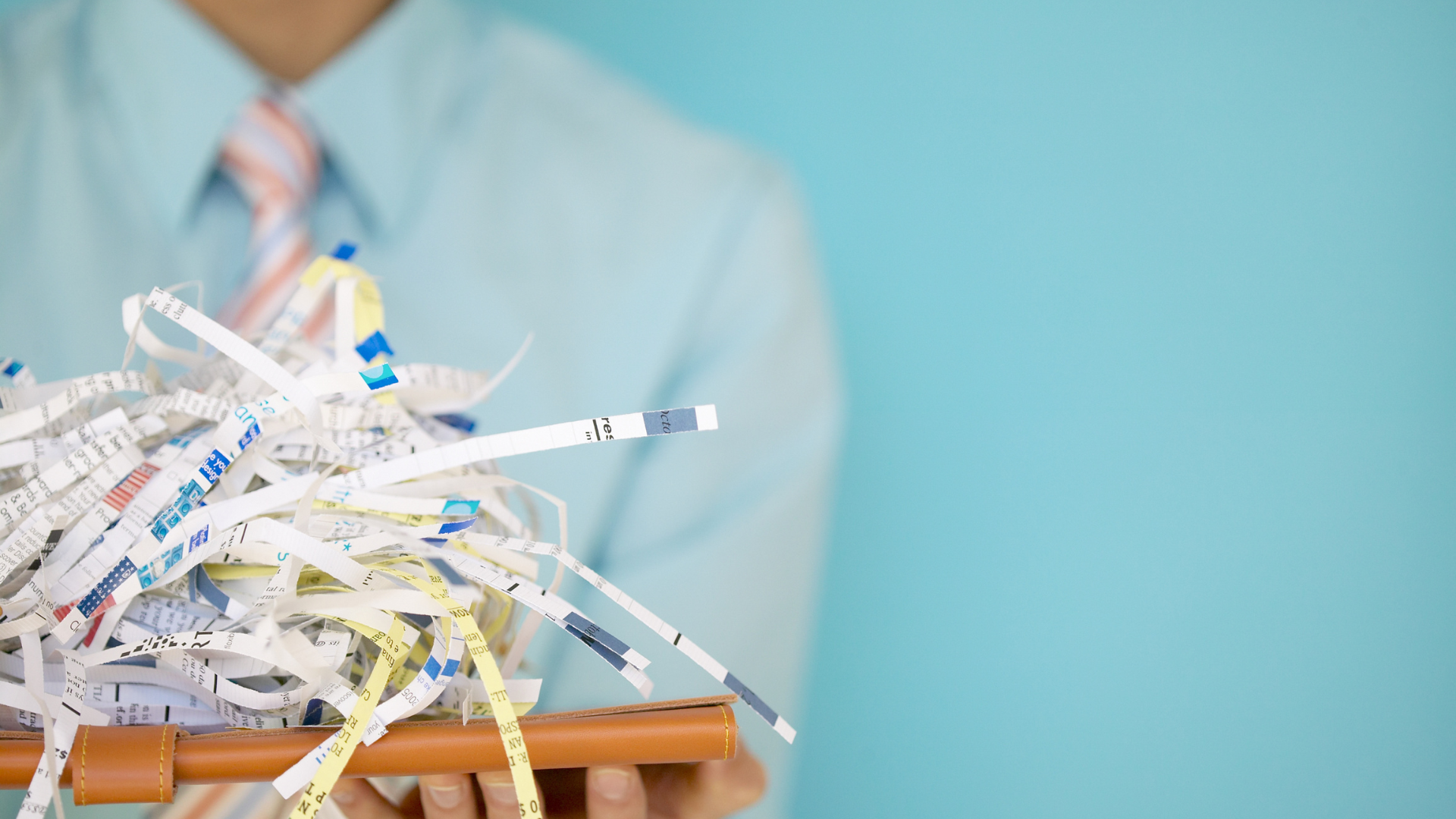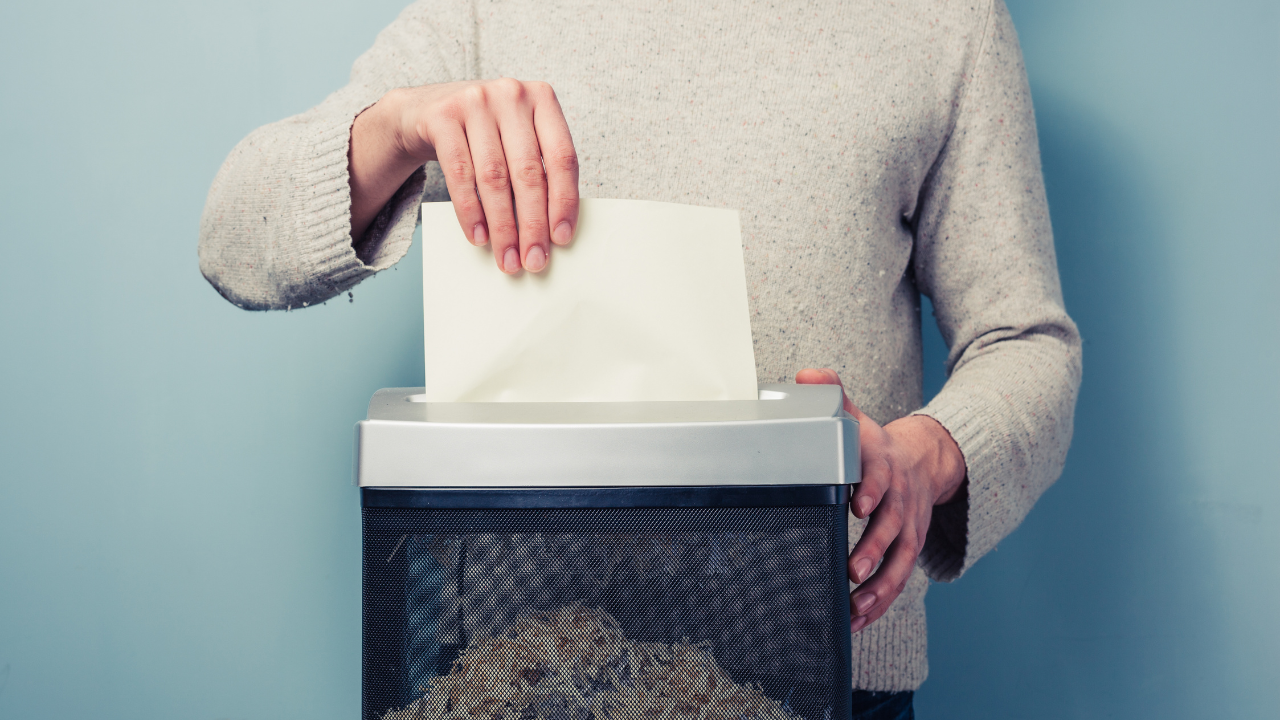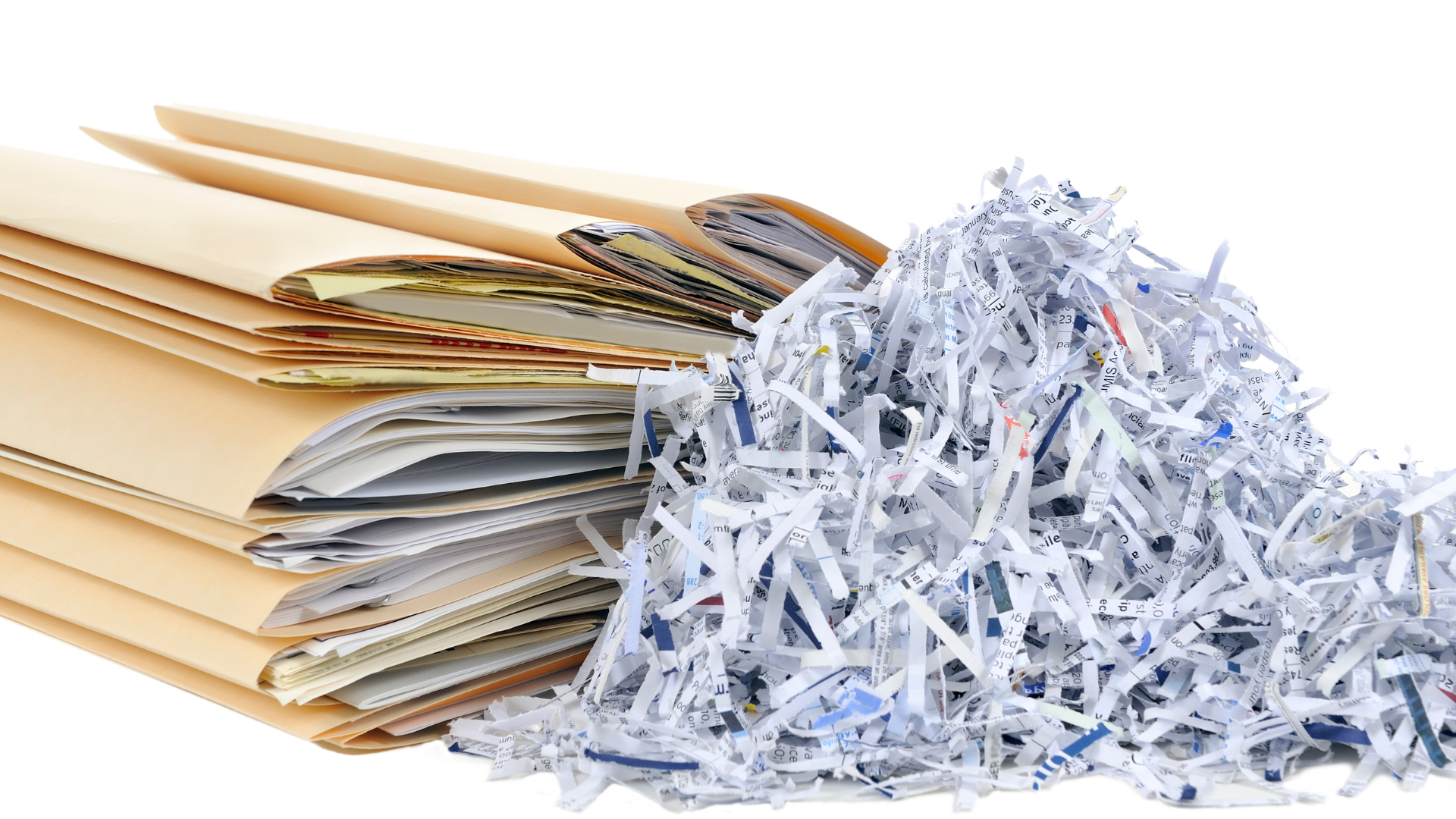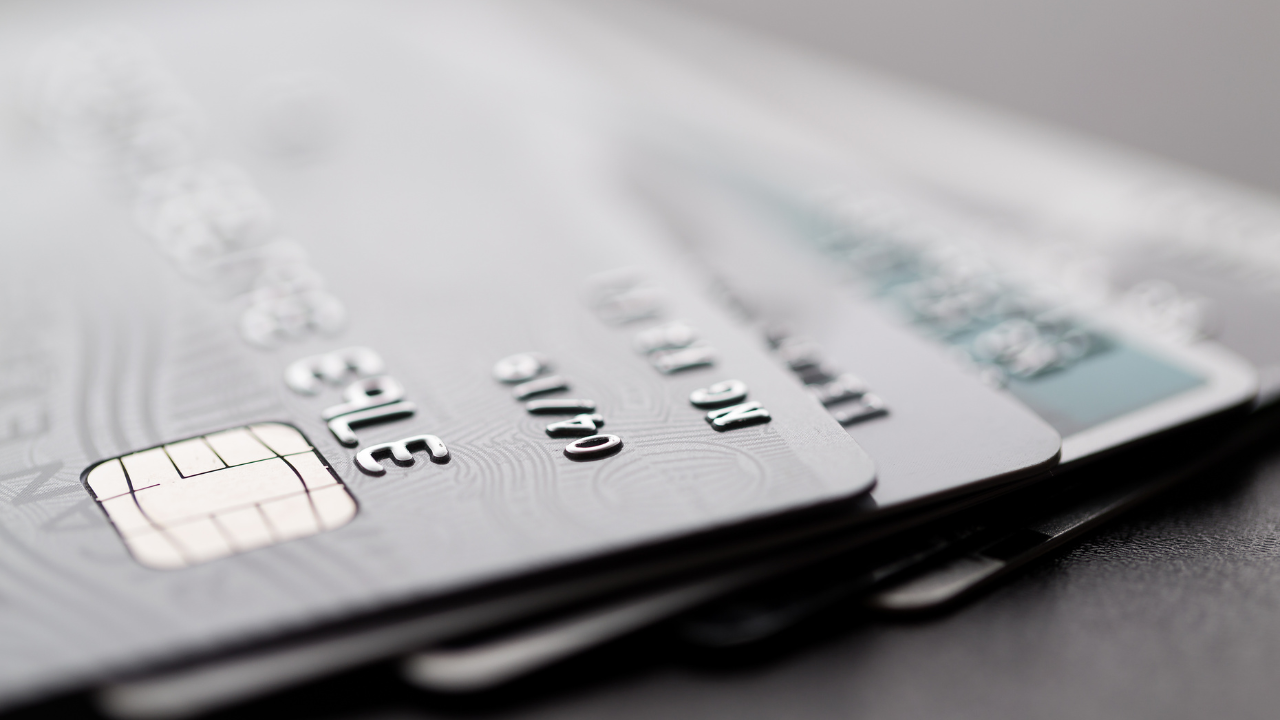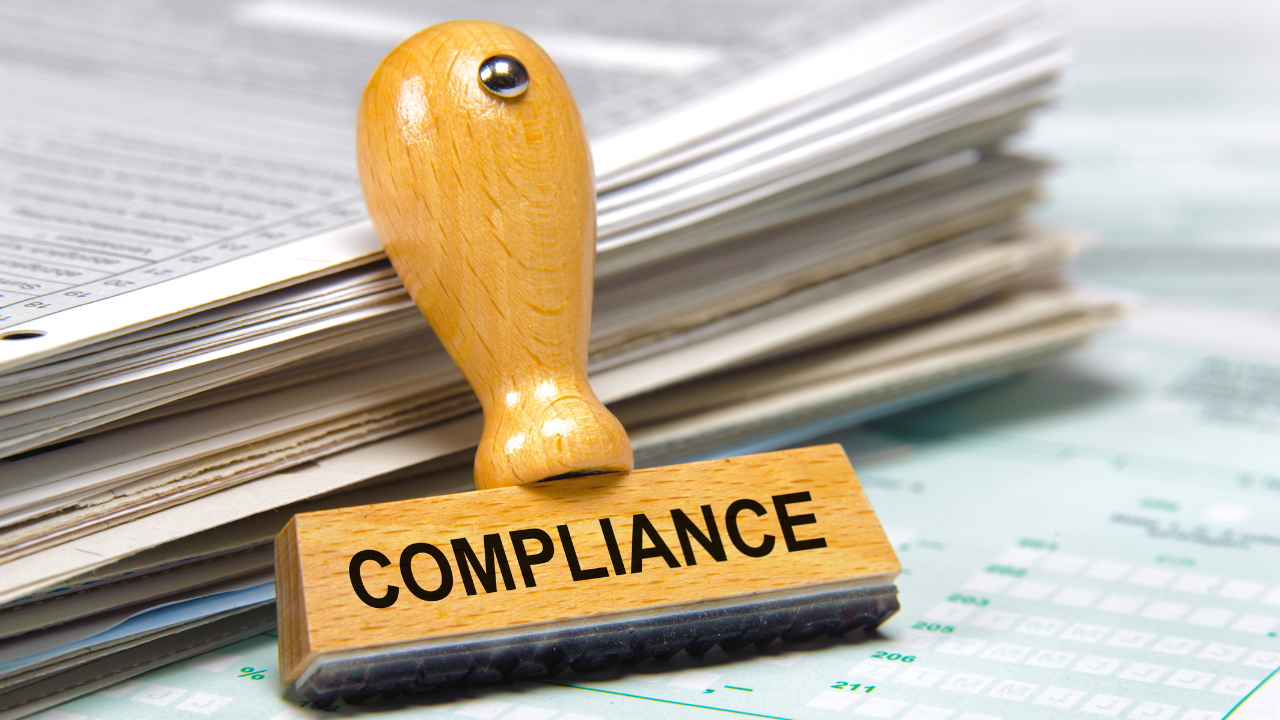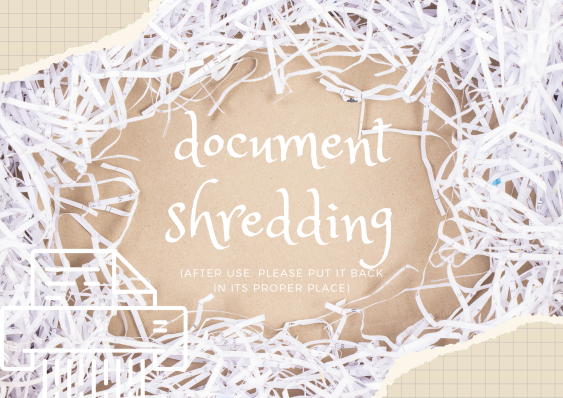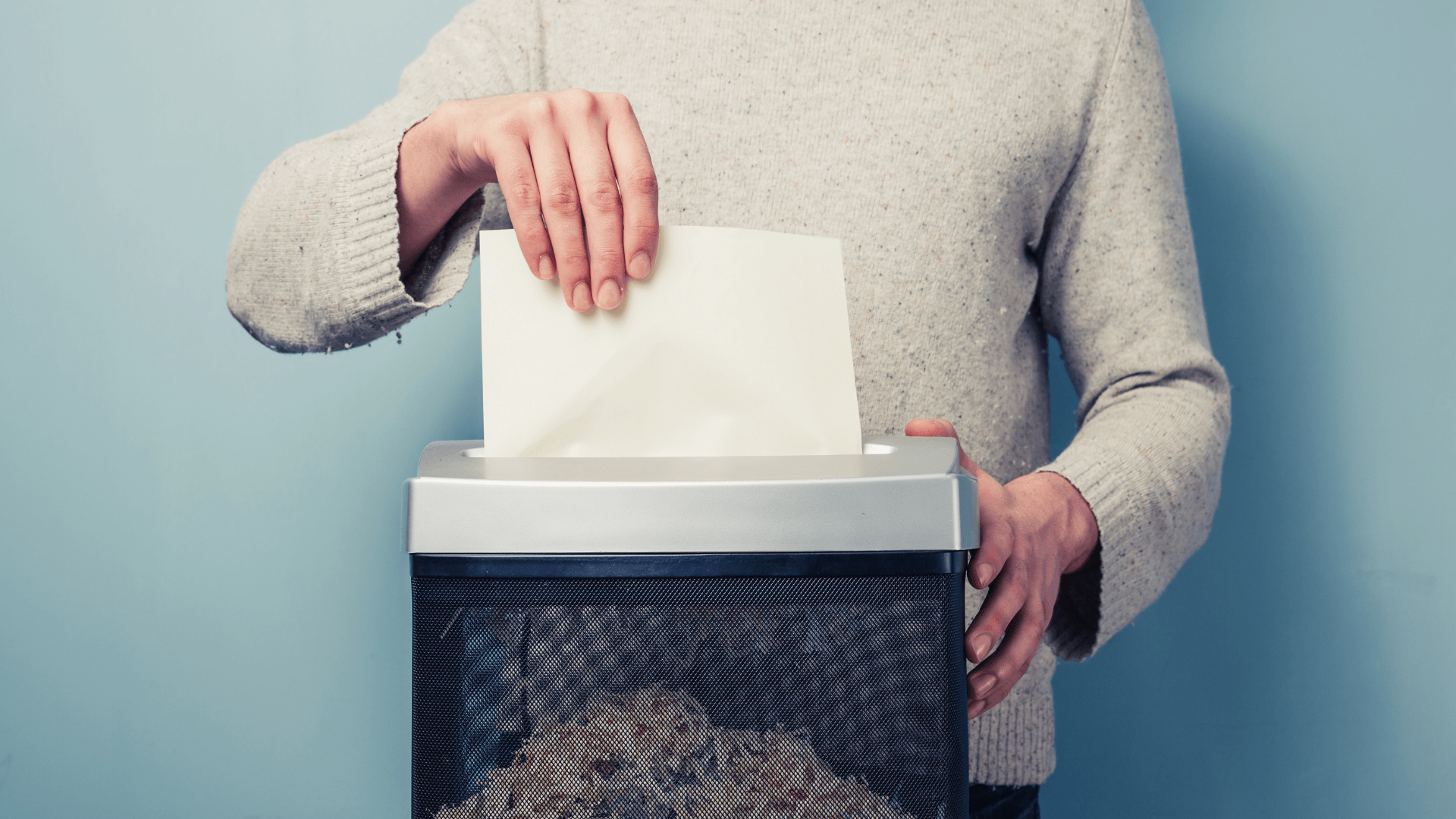Don't Just Trash It - Learn the Difference Between Shredding and Recycling
The eco-friendly guide to properly disposing of sensitive documents and everyday waste.
Do you stand over the recycling bin, an old bank statement in hand, unsure what to do? Do you have a stack of sensitive documents that you don't want to just throw out with the trash? Shredding and recycling help us safely dispose of items without harming the environment. But it's important to know the difference between the two to maximize their impact.
Why Shredding is Essential for Sensitive Documents
Identity theft is a growing threat - with over 14 million Americans falling victim every year. One easy way for criminals to steal personal information is by going through your trash to find discarded documents containing sensitive data.
Shredding completely destroys any confidential information on old bills, medical records, credit cards offers and more, making it unreadable. Here are some items that should always be shredded:
- Bank and credit card statements
- Pay stubs from your employer
- Preapproved credit card offers
- Old tax returns
- Canceled or expired credit cards
- Medical records and prescription labels
- Legal documents
Anything with:
- Your full name and address
- Full or partial credit card numbers
- Your signature
- Tax ID numbers
- Account and routing numbers
Simply ripping up documents won't prevent criminals from piecing them back together and stealing your identity. Using a cross-cut shredder creates tiny confetti-like pieces that are impossible to reconstruct.
Recycling Do's and Don'ts: What You Need to Know
While shredding is great for sensitive documents, you shouldn't put any old paper into your shredder. This can break the machine and make the shredded paper unrecyclable.
Items like junk mail, newspapers, magazines and other everyday paper are better off being recycled. This greatly reduces waste sent to landfills and helps the environment.
Putting the wrong things in your recycling bin causes major problems too. When in doubt, remember these recycling no-no's:
✖️ Plastic bags - Return clean, dry bags to grocery/retail stores so they can be properly recycled.
✖️ Batteries - Drop these off at recycling centers to avoid dangerous chemical leakage.
✖️ Food waste - Compost if possible, otherwise trash it. Food scraps can contaminate paper.
✖️ Electronics - Donate or recycle old phones, computers, microwaves and more at specialty e-waste facilities.
The right way to recycle paper:
✔️ Newspaper and inserts ✔️ Magazines and catalogs ✔️ Office paper and envelopes ✔️ Cardboard boxes - Flatten first! ✔️ Cereal, cracker and shoe boxes ✔️ Egg cartons ✔️ Clean pizza boxes - No greasy residue!
Get Equipped: Find Shredders and Recycling Bins
Now that you know what can and can't be recycled or shredded, it's time to get set up!
At home:
- Buy a cross-cut shredder for maximum security. Page capacity and shred speed are also worth considering based on your needs.
- Use a paper recycling bin or bag to collect recyclables before taking them to the curb or a recycling center.
- Compost food scraps if possible. Some cities offer curbside pickup for compostables too.
At the office:
- Ensure there are clearly labeled shredding and recycling bins at each workstation and common areas like break rooms.
- Schedule a shredding service to pick up and properly dispose of sensitive documents.
- Set up single-stream recycling stations that aggregate paper, plastic, glass and metal for convenience.
The Final Takeaway
Shredding and recycling require a bit more thought than just tossing everything in the trash. But taking the time to properly sort and dispose of sensitive documents and everyday waste has huge benefits for both your personal security and the planet.
Now you can confidently purge old files knowing how to keep confidential information private and recycle right. Just remember - when in doubt, find out! Do a quick search to identify shredding services and recycling guidelines.
At I-Shred, security and efficiency are a priority. I-Shred offers stress-free onsite shredding to save time and ensure your documents are destroyed properly. Which is why we offer recurring service to small businesses. We are dedicated to helping you save time and money when it comes to secure document destruction. Contact us today!
